Proposed increases in costs and fees would be ‘devastating’ to small businesses, CAA lobbyist warns
Sacramento, Calif.—California Autobody Association’s (CAA) attorney and lobbyist Jack Molodanof, who follows California legislation and regulations that affects CAA members, recently highlighted a number of issues that could heavily impact shop owners.
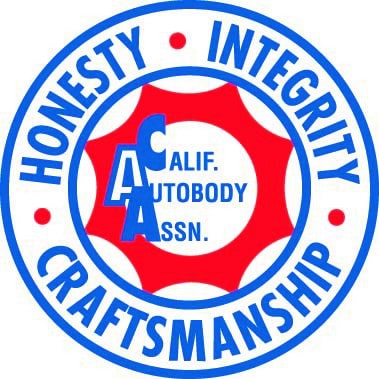
“We’re the eyes and ears as to what’s happening in state government and we want to make sure you have a voice at the table when laws are being created,” said Molodanof, during a late-July CAA virtual meeting.
As the federal government is addressing the pandemic, CAA is working with associations and groups in Washington D.C. to assist businesses with economic relief, including the PPP loan programs and stimulus packages.
“These all impact the California budget. Part of any stimulus will include money to the state, which is the reason they’re important because of California’s deficit due to the pandemic,” he said.
California has made cuts as a result, but now it is looking for ways to raise revenues, which means increasing taxes, costs and fees. “We’re especially concerned because small businesses are already struggling — an increase in costs and fees would be devastating.”
As a result, CAA is tracking the state budget in regard to costs and fees. The following are bills Molodanof outlined that CAA has highlighted and is monitoring.
Workers compensation
Gov. Gavin Newsome has signed an executive order that essentially changes the way workers comp would work in respect to Covid-19 cases. “He created a ‘rebuttable presumption,’ which, if an employee caught Covid, there would be a presumption it happened at work,” Molodanof said.
However, a shop can rebut that presumption by presenting evidence, either by the shop itself or its insurance company. “Presently, however, there is a bill working its way through the California legislature — AB196 — that even goes further [than the executive order].”
AB196 incorporates a “conclusive presumption,” which, even if an employee was caught in a photo at a Covid-19-infected party or at a beach under similar circumstances, and a shop owner knows they didn’t catch the virus at work, it would still be conclusively presumed the infection occurred in the workplace.
“We’re very concerned about that bill,” he said.
Employer and Employee Relationships
AB2999 would impose on all employers a mandate to provide employees up to 10 days of unpaid bereavement leave for a death of a spouse, child, parent, grandparent, sibling or domestic partner.
“We’re concerned about that because it could disrupt work and put a lot of stress on small businesses,” Molodanof explained.
Expansion of Family Medical and Sick Leave
Currently, California law provides for three days of paid sick leave for employees. However, bill AB3216, which is related to a state of emergency — in this case, the pandemic — would increase that allotment to seven days.
Business Immunity
Molodanof added that other bills address business immunity issues, including AB1035. “This bill would exempt small businesses — which are defined by 25 or fewer employees — from liability for an injury or illness due to a person claiming they caught Covid-19 at the business or due to the actions of the small business.
“The federal government is also looking at similar legislation to provide immunity for those businesses.”
Business could get immunity if they follow all local health protocols and state laws, he said.
Business Interruption Insurance
For businesses who have a commercial insurance policy that provides for business interruption, AB1552 would create a rebuttable presumption that Covid-19 was present on a specified property and caused physical damage as a direct result of business interruption.
“A lot of those business interruption claims have been denied by insurers,” Molodanof said, “but this bill would change that.”
Upcoming November Ballot Measure
CAA is concerned about one particular ballot measure in November, Proposition 15, which is called a “Split Role” initiative.
“It will require all commercial and industrial properties be assessed and taxed at current values, rather than their original prices,” he said.
For example, if someone purchased a commercial property 20 years ago for $1 million, over a period of time the tax base would increase, but be capped at 1 percent, Molodanof explained, hypothetically speaking.
“If, after 20 years, the tax assessor evaluates the property at $1.5 million, then that’s what the property owner will pay the tax on. However, if Prop 15 passes, then it requires the assessor to assess at fair market value.
“Especially for properties in high market value, such as the Bay Area and Los Angeles, then the property could conceivably be worth $10 million — and be taxed according to that amount.
“It would have a huge impact on California businesses.”
He added that the state estimates it can generate $12 billion for schools and government.
“We’re very concerned because it will impact you, whether you own a property or you’re a tenant — someone is going to have to pay that increase.”

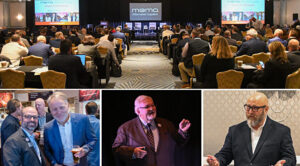

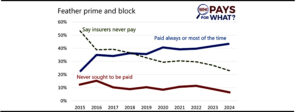
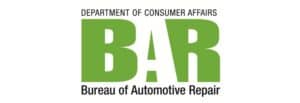
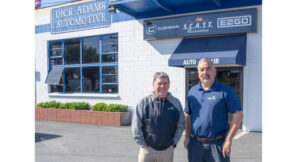
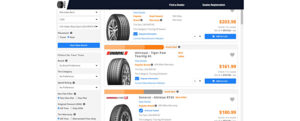

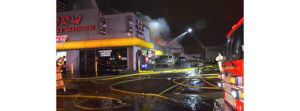

Comments are closed.